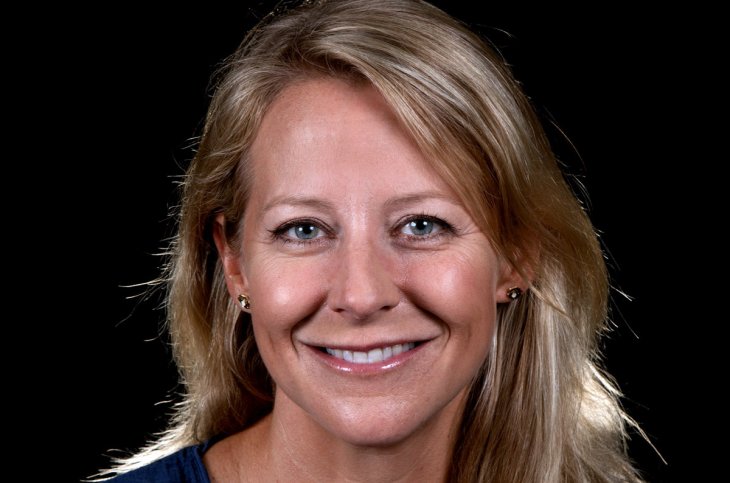Camilla Norman Field

"It's a much more enriching and wonderful life knowing that I'm both receiving support and giving support."
Camilla Norman Field ’93; P’24 remembers vividly the first time she visited San Quentin Prison. “There was that jarring moment when I heard the clank of the door, when I was in the sally port between the outside and the inside,” she says. “You notice your nervous system responding to that and you also recognize that you’re coming in with a certain bias. I’ve seen Shawshank Redemption, but I thought, is that really reflective of what I am walking into?”
Turns out, it wasn’t. As a professional certified coach with the Enneagram Prison Project, Field regularly meets with incarcerated individuals in correctional facilities across Northern California. “I don’t see people who are nothing like me because of the lives and choices they made,” she says. “I see human beings who are in the condition and position they are in as a result of tremendous childhood trauma.”
In courses that span up to five months, Field teaches an eight-module curriculum designed to help inmates validate their self-worth and foster self-awareness. “Starting from week one, it’s always some combination of self-acceptance, self-regulation, self-compassion, understanding that there’s actually nothing wrong with them,” Field says. “They’ve done some things that have certainly caused harm to themselves, to individuals, to communities and they’re very aware of that. It’s not about erasing that, but there are things that happened to them that led them to those choices and there’s redemption. There’s a way forward. No one is too far gone.”
Field first became passionate about reforming the criminal justice system after one of her dearest friends from Exeter was arrested on a drug distribution charge. “Through him, I learned about mandatory minimums and asset forfeiture and the inherent racism in the drug war,” she says.
Field helped her friend acquire an attorney and, after his conviction, a commutation from then-President George W. Bush. He served eight and a half years of a 14-year sentence.
“Even though I couldn’t fix my friend’s issue directly, I could work on the policies around the country,” she says. For five years before joining Enneagram Prison Project, Field advocated with the Drug Policy Alliance to address failed drug war policies.
